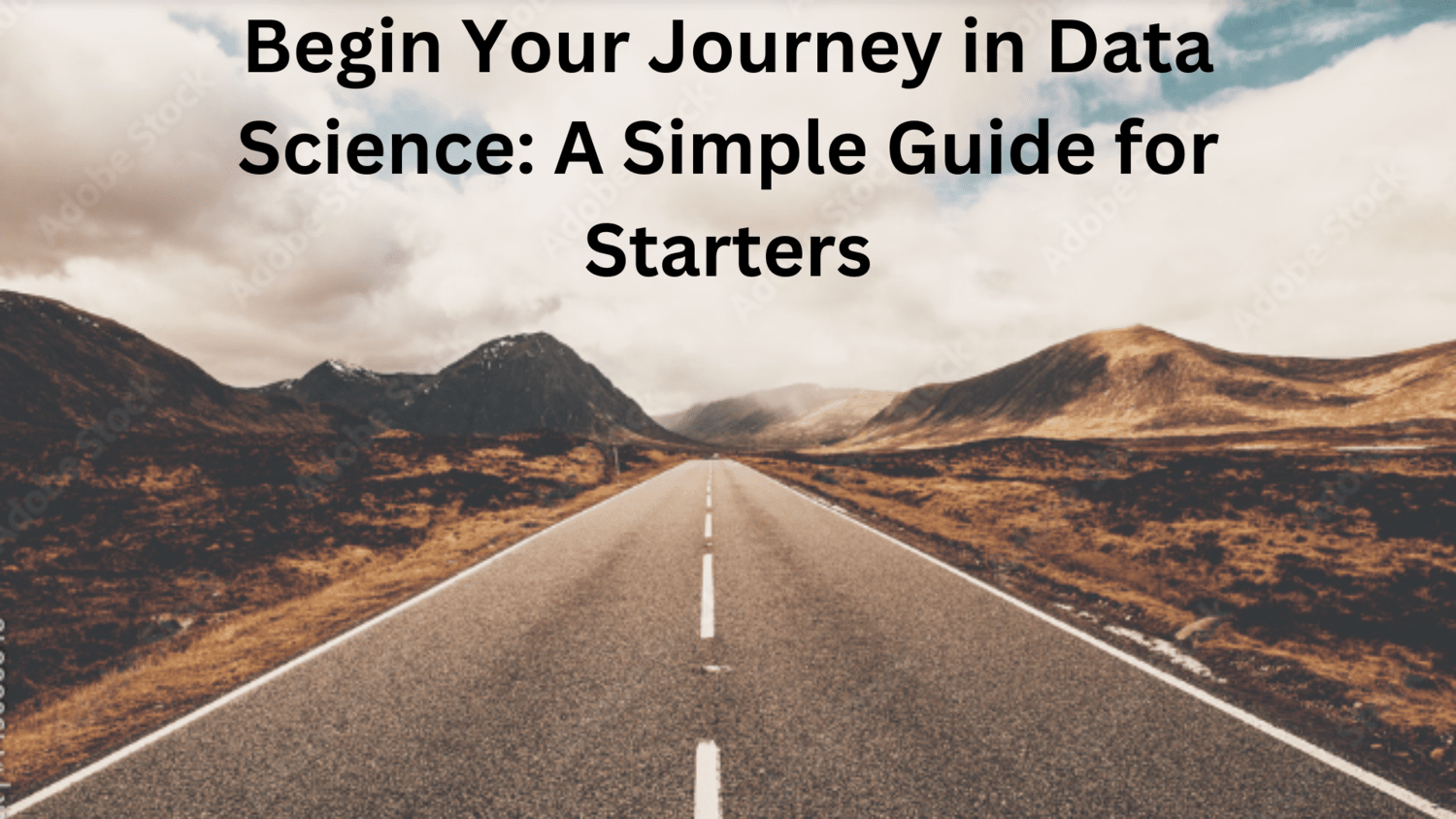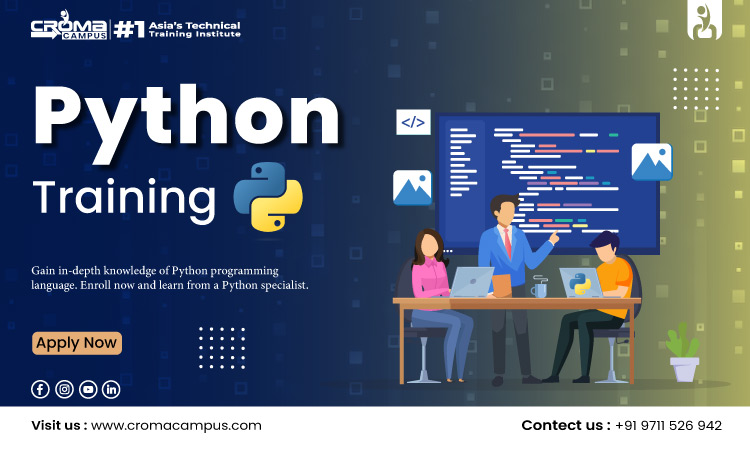In the 21st century, data science has become one of the most exciting and in-demand career paths. With its ability to extract valuable insights from vast amounts of data, it has revolutionized industries ranging from healthcare to finance to entertainment. If you’re intrigued by the possibilities of data science but don’t know where to begin, fear not! This guide will walk you through the essentials of starting your journey in data science.
Understanding Data Science
At its core, data science is a multidisciplinary field that combines elements of statistics, mathematics, computer science, and domain knowledge to analyze and interpret complex data sets. It involves extracting meaningful patterns, trends, and insights from raw data to inform decision-making and solve real-world problems.
Essential Skills
To excel in data science, you’ll need a diverse skill set:
- Programming Languages: In the world of data science, two languages stand out as the top picks: Python and R. They’re like the superheroes of data analysis, each with its own unique powers and abilities. Whether you’re wrangling data or building complex models, Python and R have got you covered. So, if you’re venturing into data science, getting familiar with these languages is a fantastic place to start!
- Statistics and Mathematics: A solid understanding of statistics (probability, hypothesis testing, regression analysis) and linear algebra is crucial for data analysis and modeling.
- Data Wrangling: Data seldom arrives in a neat, instantly usable form. Data wrangling involves cleaning, transforming, and organizing data for analysis.
- Machine Learning: Familiarize yourself with machine learning algorithms and techniques for predictive modeling, classification, clustering, and regression.
- Data Visualization: Communicating insights effectively is essential. Learn tools like Matplotlib, Seaborn, and Tableau for creating compelling visualizations.
Educational Resources
There are numerous online courses, tutorials, and books available to help you learn data science:
- Online Courses: Platforms like Coursera, edX, and Udacity offer comprehensive data science courses taught by industry experts and academics.
- Books: “Python for Data Analysis” by Wes McKinney, “Hands-On Machine Learning with Scikit-Learn, Keras, and TensorFlow” by Aurélien Géron, and “Data Science for Business” by Foster Provost and Tom Fawcett are highly recommended.
- MOOCs: Massive Open Online Courses (MOOCs) such as Andrew Ng’s “Machine Learning” course on Coursera and Harvard’s “CS50’s Introduction to Artificial Intelligence with Python” are excellent starting points.
- Community Forums: Engage with the data science community on platforms like Stack Overflow, Kaggle, and Reddit. Participating in forums, asking questions, and collaborating on projects can accelerate your learning.
Hands-On Experience
While understanding the concepts is important, getting hands-on experience is just as crucial. Here’s how you can gain hands-on experience:
- Kaggle Competitions: Kaggle hosts data science competitions where you can work on real-world datasets and compete with others to solve specific challenges.
- Personal Projects: Start small by working on personal data projects. Choose a topic you’re passionate about, collect data, analyze it, and present your findings.
- Internships and Freelancing: Consider internships or freelance opportunities to gain real-world experience and build your portfolio.




